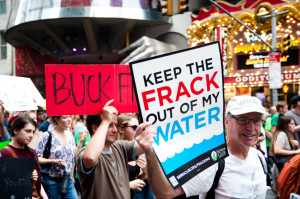World Toilet Day 2015
Ladies and gentlemen, boys and girls, hommes et femmes, caballeros y senoras, damen und herren.
If you’re looking for toilets then we’re here to point you in the right direction.
While some toilet door signs may be confusing – who knows which is which in Ireland (Fir and Mná) or what the WC toilet sign means (it stands for Water Closet) – a shocking 2.4 billion people on the planet do not have access to a proper toilet.
That’s roughly one in every three people.
November 19 marks the third World Toilet Day, established by the UN to raise awareness of the scale of the global problem in sanitation.
Without proper toilets, children can be exposed to human waste causing a number of diseases that prevent them being able to absorb nutrients in their food. This can have deadly consequences for children.
1000 children died each day in 2013 from preventable diseases caused by poor sanitation.
In communities where people go to the toilet in the open, diseases like diarrhoea are easily spread and in turn cause undernutrition.
Making sure people have equitable access to basic toilets, and changing behaviour to ensure these toilets are used, is vital to improving the nutritional health and development of children, and giving every child a fair chance at life.
The new international development targets launched earlier this year (the Sustainable Development Goals), call for universal access to toilets and proper sanitation for all by 2030; a highly ambitious target but one that could have significant benefits.
For example, every $1 spent on water and sanitation returns a saving of $4.3 in reduced health care costs – a good investment for aid donors and recipients alike.
Get Involved in World Toilet Day
UN-Water and UNICEF are leading the campaigns around World Toilet Day 2015 and have a number of ways you can get involved.
If you’re in New York then head over to the UN Building to see the inflatable toilet, and to have your picture taken in a photo booth in the UN lobby as part of the ‘be a thinker’ social media campaign, or make your way to Washington Square Park to experience the See Through Loo – a transparent toilet!
You can take part in #BeAThinker campaign by considering how people feel when they don’t have access to a toilet and have to go in the open, and the implications of this for children and women especially.
Simply pose as a ‘thinker’, take a selfie, and post on social with your thought and the hashtag #BeAThinker
For more information on World Toilet Day visit http://www.worldtoiletday.info/



